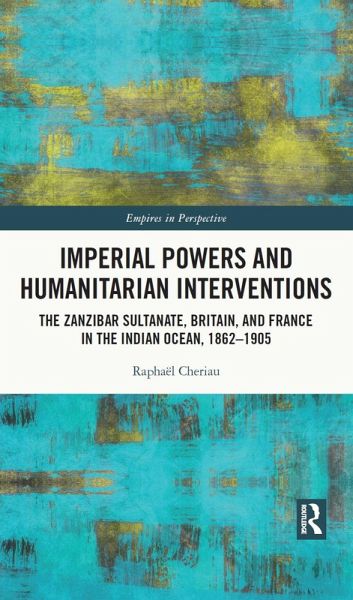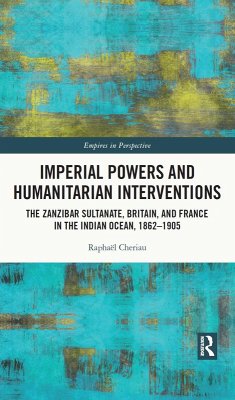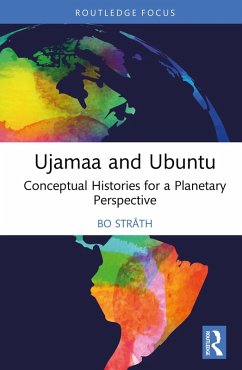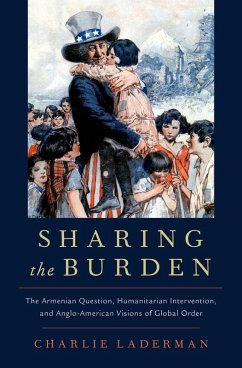
Imperial Powers and Humanitarian Interventions (eBook, PDF)
The Zanzibar Sultanate, Britain, and France in the Indian Ocean, 1862-1905
Versandkostenfrei!
Sofort per Download lieferbar
38,95 €
inkl. MwSt.
Weitere Ausgaben:

PAYBACK Punkte
19 °P sammeln!
In the second half of the nineteenth century, the Zanzibar Sultanate became the focal point of European imperial and humanitarian policies, most notably Britain, France, and Germany. In fact, the Sultanate was one of the few places in the world where humanitarianism and imperialism met in the most obvious fashion. This crucial encounter was perfectly embodied by the iconic meeting of Dr. Livingstone and Henry Morton Stanley in 1871. This book challenges the common presumption that those humanitarian concerns only served to conceal vile colonial interests. It brings the repression of the East A...
In the second half of the nineteenth century, the Zanzibar Sultanate became the focal point of European imperial and humanitarian policies, most notably Britain, France, and Germany. In fact, the Sultanate was one of the few places in the world where humanitarianism and imperialism met in the most obvious fashion. This crucial encounter was perfectly embodied by the iconic meeting of Dr. Livingstone and Henry Morton Stanley in 1871. This book challenges the common presumption that those humanitarian concerns only served to conceal vile colonial interests. It brings the repression of the East African slave trade at sea and the expansion of empires into a new light in comparing French and British archives for the first time.
"Raphaël Cheriau argues that the 'brutal power politics' of recent humanitarian interventions have shaped historians' perspectives on earlier interventions, but that he is able to escape these present-day sensibilities in his approach to British and French interventions in nineteenth-century eastern Africa. While I might challenge that suggestion, nonetheless he offers historians a valuable book that explores in detail the way imperialists of the nineteenth century did and did not use humanitarianism as a justification for their work in eastern Africa." - Elisabeth MacMahon, The English Historical Review
"The author weaves together a rich trove of primary documents from both British and French archives; some of these have been fruitfully exploited by previous historians, others reflect Cheriau's energetic digging to go beyond the obvious. He also draws upon an equally dense corpus of published primary sources in both languages, as well as several contemporary newspapers, while his mastery of the secondary literature is impressive." - Edward Alpers, Australian Institute of International Affairs
"Raphaël Cheriau argues that the 'brutal power politics' of recent humanitarian interventions have shaped historians' perspectives on earlier interventions, but that he is able to escape these present-day sensibilities in his approach to British and French interventions in nineteenth-century eastern Africa. While I might challenge that suggestion, nonetheless he offers historians a valuable book that explores in detail the way imperialists of the nineteenth century did and did not use humanitarianism as a justification for their work in eastern Africa." - Elisabeth MacMahon, The English Historical Review
"The author weaves together a rich trove of primary documents from both British and French archives; some of these have been fruitfully exploited by previous historians, others reflect Cheriau's energetic digging to go beyond the obvious. He also draws upon an equally dense corpus of published primary sources in both languages, as well as several contemporary newspapers, while his mastery of the secondary literature is impressive." - Edward Alpers, Australian Institute of International Affairs
Dieser Download kann aus rechtlichen Gründen nur mit Rechnungsadresse in A, B, BG, CY, CZ, D, DK, EW, E, FIN, F, GR, HR, H, IRL, I, LT, L, LR, M, NL, PL, P, R, S, SLO, SK ausgeliefert werden.













